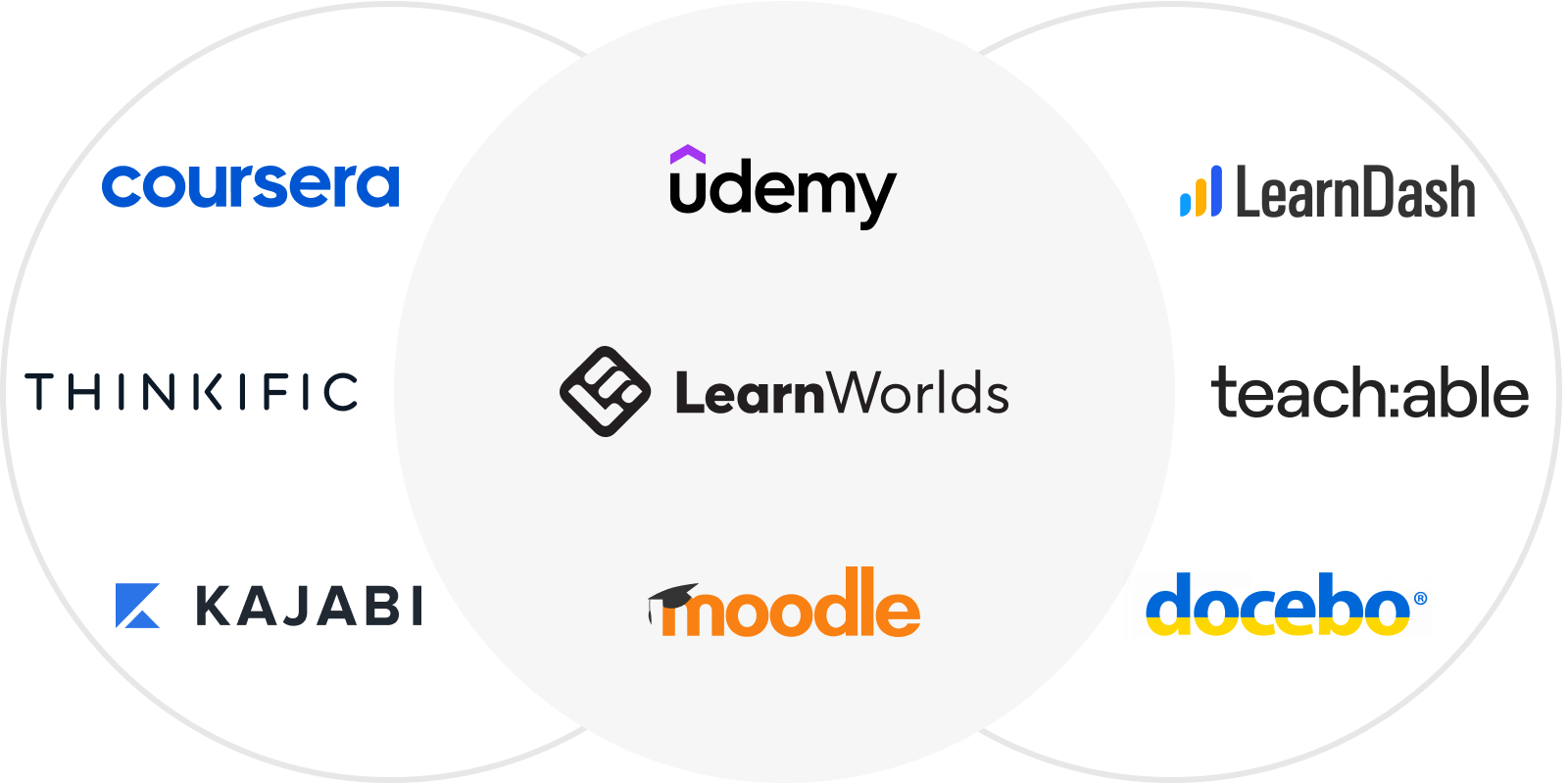ABCDou Insights
Exploring the world of news, trends, and information.
E-Learning Platforms: The Classroom of the Future or Just a Fad?
Discover if e-learning platforms are transforming education or just a passing trend. Dive in to find out the future of learning!
The Evolution of E-Learning Platforms: Are They Here to Stay?
The e-learning platforms have undergone significant transformation since their inception, evolving from simple online courses to sophisticated, interactive learning experiences. Initial offerings primarily consisted of static content and rudimentary forums, but with advancements in technology, we now see a diverse range of features such as live streaming, real-time interaction, and gamified learning environments. These developments not only enhance user engagement but also facilitate personalized learning paths. As educational institutions and organizations increasingly embrace these digital solutions, it's clear that e-learning is rapidly becoming a mainstream educational method.
However, the question remains: are they here to stay? The success of e-learning platforms is evidenced by their integration into traditional educational models, with many schools and universities implementing hybrid or fully online programs. Additionally, the global shift towards remote work and flexible learning options has compounded this trend, making education more accessible to a wider audience. While challenges such as digital divide and ensuring quality content persist, the adaptability of these platforms suggests a lasting presence in the educational landscape. As technology continues to drive innovation, e-learning is poised for further growth and development in the years to come.

Top 5 Advantages of E-Learning Platforms Over Traditional Classrooms
In recent years, e-learning platforms have gained immense popularity, offering several distinct advantages over traditional classrooms. One of the most significant benefits is the flexibility they provide. Learners can access course materials anytime and anywhere, allowing them to tailor their education to fit their busy schedules. This is particularly advantageous for working professionals or those with family commitments, who might find it challenging to attend fixed classroom sessions.
Another critical advantage is the diversity of resources available on e-learning platforms. Unlike traditional educational environments, which may rely heavily on textbooks and lectures, online platforms often feature interactive content such as videos, quizzes, and forums. This multimedia approach not only enhances engagement but also caters to different learning styles, making it easier for students to grasp complex concepts. With the ability to revisit materials and learn at their own pace, learners experience a more personalized and effective education.
Is E-Learning Just a Trend? Exploring Longevity and Impact
The rise of e-learning has been one of the most significant educational trends in recent decades. Initially viewed as a passing fad, its growing integration into traditional educational systems suggests otherwise. The COVID-19 pandemic served as a catalyst, propelling online learning into the mainstream. As schools and universities adapted to remote learning, many educators and students discovered the benefits of flexibility and accessibility that e-learning platforms provide. Particularly in a world that increasingly values digital literacy, it is hard to dismiss e-learning as merely a trend.
Moreover, the impact of e-learning extends beyond short-term solutions. It fosters lifelong learning by offering unlimited resources and courses that cater to various skill sets and interests. According to research, the global e-learning market is expected to reach over $375 billion by 2026, showcasing not only its current relevance but also its potential for growth. With advancements in technology such as artificial intelligence and virtual reality, the educational landscape is unlikely to revert to traditional methods alone. Thus, it is evident that e-learning is here to stay, making a lasting impact on how knowledge is disseminated and acquired.